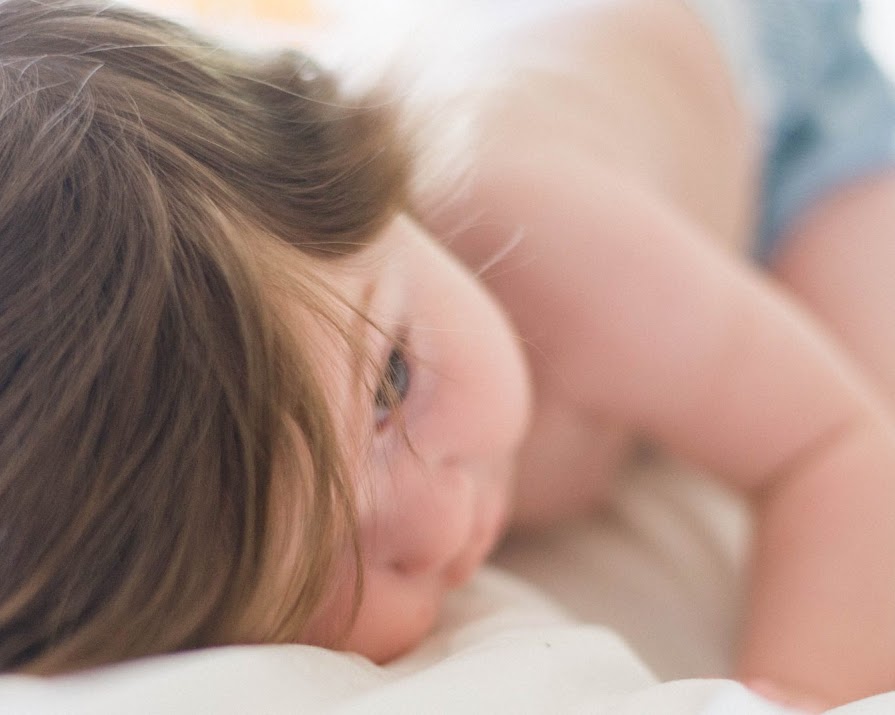By Grace McGettigan
13th Nov 2018
13th Nov 2018
With the darker night in firmly in place, it’s time to get the little ones into a good bedtime routine. Early nights are essential for a child’s physical, mental and emotional health; but getting them to bed can be tough. There is a solution, though. The Sleep Council and the Children’s Sleep Charity released guidelines for parents to establish a healthy bed-time routine for their kids.
Vicki Dawson, CEO and founder of the Children’s Sleep Charity said, “Sleep isn’t taken seriously enough by most people. If children were getting less food than they needed to function well, people would be horrified. But when it comes to sleep, we seem as a nation to be very accepting of sleep deprivation.” She added, “Sleep deprivation can have serious consequences for mental, physical and emotional health.”
Related: The politics of parental sleep
Research at the University of Houston found inadequate sleep can cause children to feel more negative emotions; even contributing to depression and anxiety. The study, which was carried out by clinical psychologist Candice Alfano, shows how two nights of poor sleep can make children less reactive to positive experiences; and less likely to recall details about these positive experiences later. Alfano says, “Parents need to think about sleep as an essential component of overall health in the same way they do nutrition, dental hygiene and physical activity. If your child has problems waking up in the morning or is sleepy during the day, then their nighttime sleep is probably inadequate.”
Dawson notes how “Children thrive on routine; they can also meet their full potential more easily when they have had a good night’s sleep. When children become sleep deprived, it can lead them to be hyperactive, tearful, and find it difficult to concentrate in school,” she explains.
Young children need an average of 10 – 11 hours sleep per night to avoid mood swings and behavioural problems, while older children can manage with nine hours. What’s more, it’s important they have good sleep hygiene; a variety of practices necessary for improved sleep quality and full daytime alertness.
To help you and your family establish a healthier bedtime routine; the Sleep Council have issued these eight, easy tips:

- If bedtime has got later and later, you need to start to gradually move your child’s bedtime forwards by 15 minutes every three nights.
- Implement a good routine one hour before bedtime. Dim the lights and encourage restful hand-eye coordination activities such as jigsaws, colouring and craft type activities.
- Set a consistent wake-up time each morning. Open the curtains straight away, and if possible get outside for half an hour to help to reset your child’s body clock.
- Avoid screen activities for an hour before bedtime as this can suppress the sleep hormone melatonin.
- Keep the bedroom at a comfortable temperature of around 16 to 18 degrees.
- Explain the importance of a good night’s sleep to them.
- Encourage regular exercises, such as outdoor play, bike rides, walks or sport.
- Make sure the bed is comfortable and that it is still big enough for growing children.
Photo: Picsea, Unpslash























